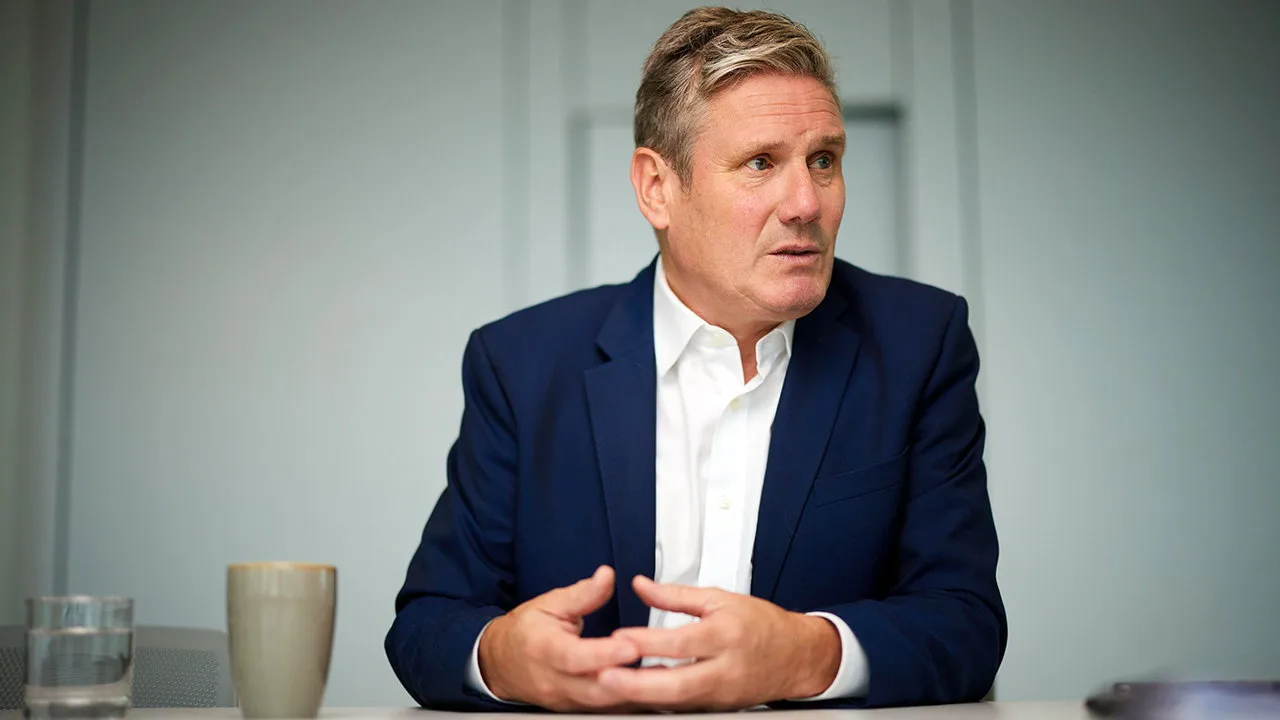Sir Keir Starmer has said his plan for government would “take the brakes off Britain” and put the country on the “path of national renewal”. Speaking after the King’s Speech, which set out 39 bills the government hopes to pass, the new prime minister said there would be “no quick fix” and warned against the “snake oil charm of populism”.
At the heart of his plan to boost the country’s economic growth are changes to the planning system, aimed at making it easier to build houses and infrastructure. Proposals to give local leaders more powers, bring the railways into public ownership and increase workers’ rights were also included.
Some proposed pieces of legislation, first introduced by the last government, have been revived including Rishi Sunak’s gradual smoking ban and the introduction of a football regulator. However, there were some notable omissions, with no mention of scrapping the two-child benefit cap – which some Labour MPs and the SNP have been pushing for.
Jeremy Corbyn, the former Labour leader and now independent MP for Islington North, joined the calls to “do it now” and suggested the announcement of a child poverty taskforce was a way to “just delay it”.
He said: “Why not do it now and just say quite simply, ‘we’re going to end the cap’? It’s simply cruel and nasty to say that the third, fourth or fifth child of a family is less valuable than the first two.” A bill implementing Labour’s manifesto promise to give 16 and 17-year-olds the vote in general elections was also missing but ministers say this will be introduced at a later stage. Green Party MP Sian Berry said she was disappointed as “young people need a real voice”, adding she believed they would help strengthen the calls to remove the two-child cap.
Labour backbencher Rebecca Long Bailey, a former shadow cabinet member, also called on her party to urgently “settle the debt of honour we owe” to women born in the 1950s who suffered “pension injustice”, known as the Waspi women.
The speech was delivered by King Charles – accompanied by the traditional pageantry – but was written by the new Labour government, elected on 4 July with a big majority of 174. Following the King’s Speech, Conservative leader Mr Sunak said his party would not oppose the government “for the sake of it” but would hold it to account on its election promises.
On Labour’s proposed changes to planning rules, he said everyone wanted to see the process speeded up but warned that “a system that does not allow local people to have a say will damage public consent for more housing in the long term”. Liberal Democrat deputy leader Daisy Cooper welcomed a promise to reform the Mental Health Act but said she wanted to see more ambition on health and social care.
Key points in King’s Speech at a glance
Fourteen measures from the King’s Speech analysed by BBC experts
Faisal Islam: Labour’s plans are not a quick fix for UK economy
Watch Labour’s first King’s Speech: What happened in 60 seconds
What is the King’s Speech and why is it important?
During the election campaign, the think tank, the Institute for Fiscal Studies, warned that the future government would have to choose between raising taxes, cutting public services or borrowing more.
Labour hopes to be able to avoid these politically unpalatable options by boosting growth, which has been sluggish for several years.
The King’s 12-minute speech was littered with phrases such as “securing economic growth”, “a key driver of economic growth” and “local growth plans”. In the government’s briefing notes, it argued that one of the “major brakes” on economic growth has been the current planning regime and used the King’s Speech to introduce its Planning and Infrastructure Bill. The bill, which will apply to England, Wales and, in parts, to Scotland aims to accelerate the building of homes and infrastructure.
Under the government’s plans, the capacity of local planning departments will be boosted and the process for getting consent to infrastructure projects such as solar farms or grid connections simplified. The government says in future local communities will only be to able influence how, not if, new houses are built. Given Labour’s hefty majority in the House of Commons, the planning bill is likely to get through Parliament.
However, new developments could face vigorous opposition from the local communities affected by building projects.
Source: BBC
In other news – Kanye West stuck in financial issues due to tax bills
Kanye West‘s financial issues seem to be becoming even more difficult as his tax bills have allegedly risen above $1 million.
According to US Sun, the rapper now owes additional property taxes on a Wyoming Ranch. Read more
